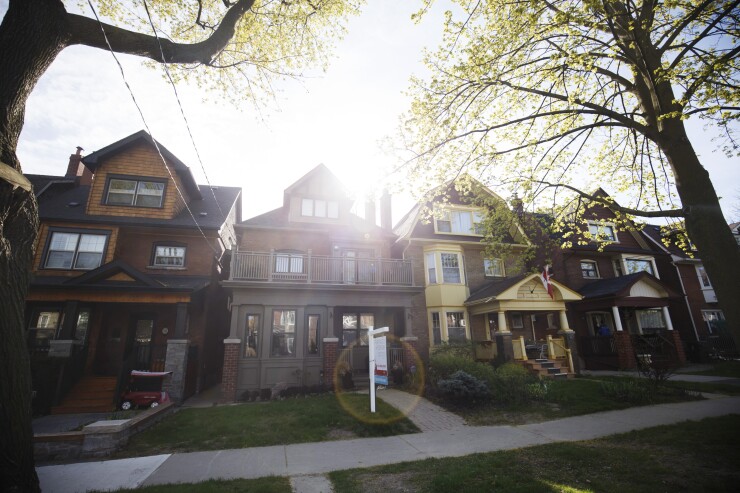Our daily roundup of retirement news your clients may be thinking about.
Seniors may want to tap their home equity through a reverse mortgage to create a steady income stream through a reverse mortgage, but they should weigh their options carefully because these products can have pros and cons, according to this article on CNBC. In general, they can be a good option when seniors have equity in their homes, not much cash in the bank and want to stay in their homes. However, they are not a cheap way to borrow money when compared to home loans so senior citizens with good credit and enough income to make monthly payments should look into cheaper alternatives, such as a home equity loan or a second mortgage, before considering reverse mortgages, according to the article. Seniors also will need to prove that they can cover property taxes, insurance and maintenance costs to get a reverse mortgage.

As the new tax reform law has changed the way taxes are computed, the IRS warns retirees to review their tax withholding and make the necessary adjustments to ensure that they pay enough to cover their tax liability, according to this article from Money. Using the IRS' online withholding calculator is one simply way to determine their tax payments. “Make sure you don’t have a large balance due, because it’s possible you could be penalized for underpaying your estimated tax,” warns an expert.
Millennials are facing the dilemma of whether they want to have a comfortable life now or in the golden years, according to this article on personal finance website Bankrate. With hefty student loan debt, rising healthcare costs and high cost of living, millennials may not be in a good position to start building their nest egg. Compared with other generational groups, millennials are doing better at saving, but they are not saving enough to secure their retirement.
Clients are advised to diversify their portfolios to protect their long-term investments from market volatility, writes an expert for MarketWatch. They should also rebalance their portfolio and pick investments based on their time frame. For example, they should opt for riskier options while they are still young and shift to safer investments as they approach retirement. Clients should also consider dollar-cost average and adjust their strategy as they approach retirement.





